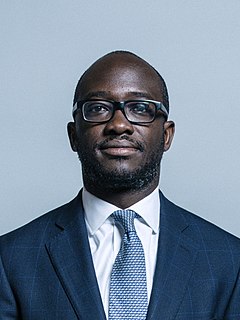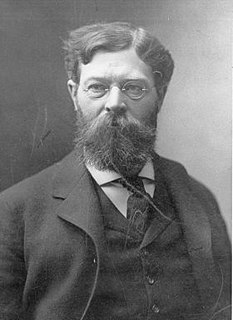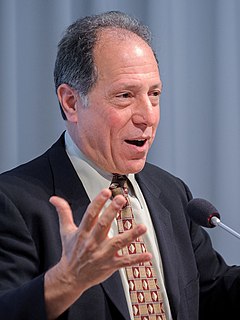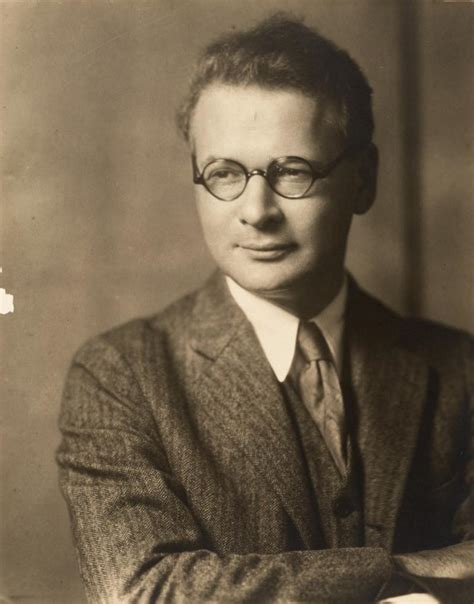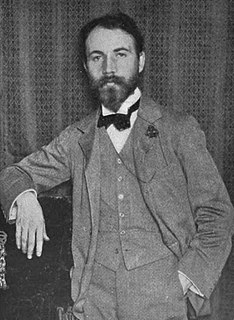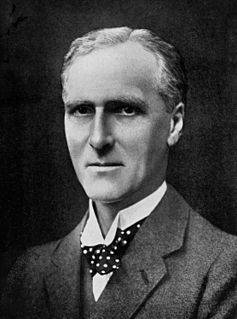A Quote by Thomas Hobbes
If any two men desire the same thing, which nevertheless they cannot both enjoy, they become enemies.
Related Quotes
Which is recorded of Socrates, that he was able both to abstain from, and to enjoy, those things which many are too weak to abstain from, and cannot enjoy without excess. But to be strong enough both to bear the one and to be sober in the other is the mark of a man who has a perfect and invincible soul.
I find that somehow, by shifting the focus of attention, I become the very thing I look at, and experience the kind of consciousness it has; I become the inner witness of the thing. I call this capacity of entering other focal points of consciousness, love; you may give it any name you like. Love says "I am everything". Wisdom says "I am nothing". Between the two, my life flows. Since at any point of time and space I can be both the subject and the object of experience, I express it by saying that I am both, and neither, and beyond both.
Since holiness is the main thing that excites, draws, and governs all gracious affections, it is no wonder that all such affections tend to holiness. That which men love, they desire to have and to be united to, and possessed of. That beauty which men delight in, they desire to be adorned with. Those acts which men delight in, they necessarily incline to do.
Unsatisfied desire is the characteristic feature of human life. That is the common fact out of which both pessimism and optimism are constructed. Dwell on the impossibility of ever getting a state of complete and permanent satisfaction with what you have, and you become a pessimist. Dwell on the opportunity for endless growth and conquest which this same fact makes possible, and you become an optimist.
A man's physical hunger does not prove that man will get any bread; he may die of starvation on a raft in the Atlantic. But surely a man's hunger does prove that he comes of a race which repairs its body by eating and inhabits a world where eatable substances exist. In the same way, though I do not believe (I wish I did) that my desire for Paradise proves that I shall enjoy it, I think it a pretty good indication that such a thing exists and that some men will.
Guys constantly talk about pornography in two ways: as revenge and as reassurance. When you live in a world in which beautiful, sexy women are all around you, in the same classes, on the same athletic field, competing for the same jobs, then the pornographic world - the world in which women thrill to male sexual desire - reassures men that although they may feel "one down," they're still entitled to women's bodies.
The democratic rule that all men are equal is sometimes confused with the quite opposite idea that all men are the same and that any man can be substituted for any other so that his differences make no difference. The two are not at all the same. The democratic rule that all men are equal means that men's being different cannot be made a basis for special privilege or for the invidious advantage of one man over another; equality, under the democratic rule, is the freedom and opportunity of each individual to be fully and completely his different self. Democracy means the right to be different.
No two men see the world exactly alike, and different temperaments will apply in different ways a principle that they both acknowledge. The same man will, indeed, often see and judge the same things differently on different occasions: early convictions must give way to more mature ones. Nevertheless, may not the opinions that a man holds and expresses withstand all trials, if he only remains true to himself and others?









